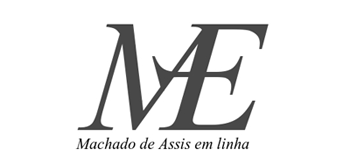Abstract
Machado de Assis' short story "Pai contra mãe", published in 1906 in the collection Relíquias de casa velha, narrates the development and outcome of two pregnancies: on one hand, Clara's, who needs to decide whether she will abandon the baby to a foundling wheel. On the other, Arminda's, an enslaved woman who escapes from her master while pregnant. With his characteristically sharp outlook, Machado portrays both women's situations, connecting them through the protagonist, Cândido Neves. Toni Morrison's novel, Beloved, published in 1987, deals with Sethe's trajectory. A formerly enslaved woman who runs away from a farm with her children, she kills one of her daughters so that she would not fall in the hands of her previous owner, who goes after her. In the present work, both of Machado's characters are analyzed throughout their pregnancies, noting how matters of race and class have an impact on their gestation, and the Brazilian narrative is seen through the perspectives proposed by the American novel.
Keywords:
Pregnancy; motherhood; abortion; slavery
